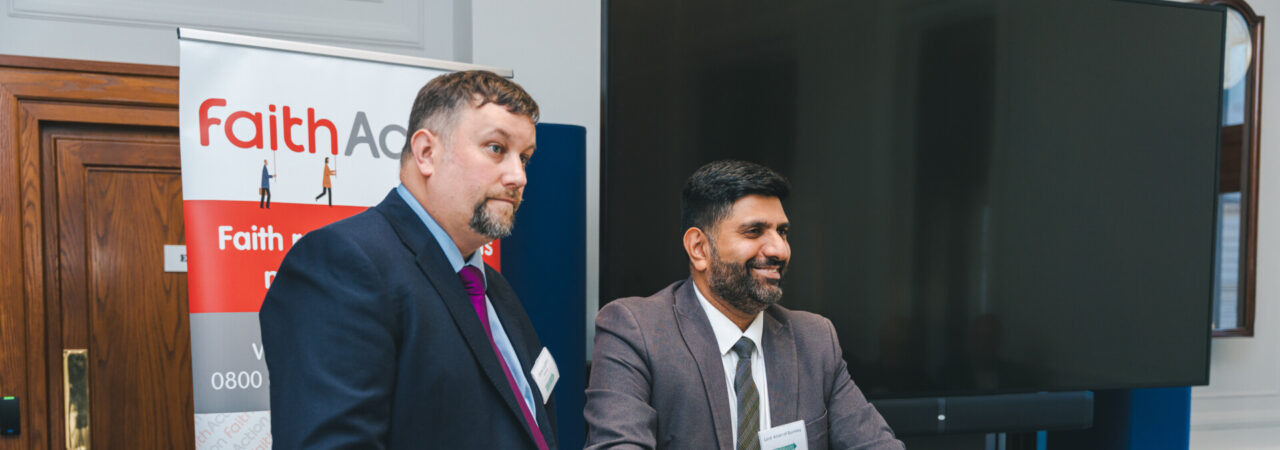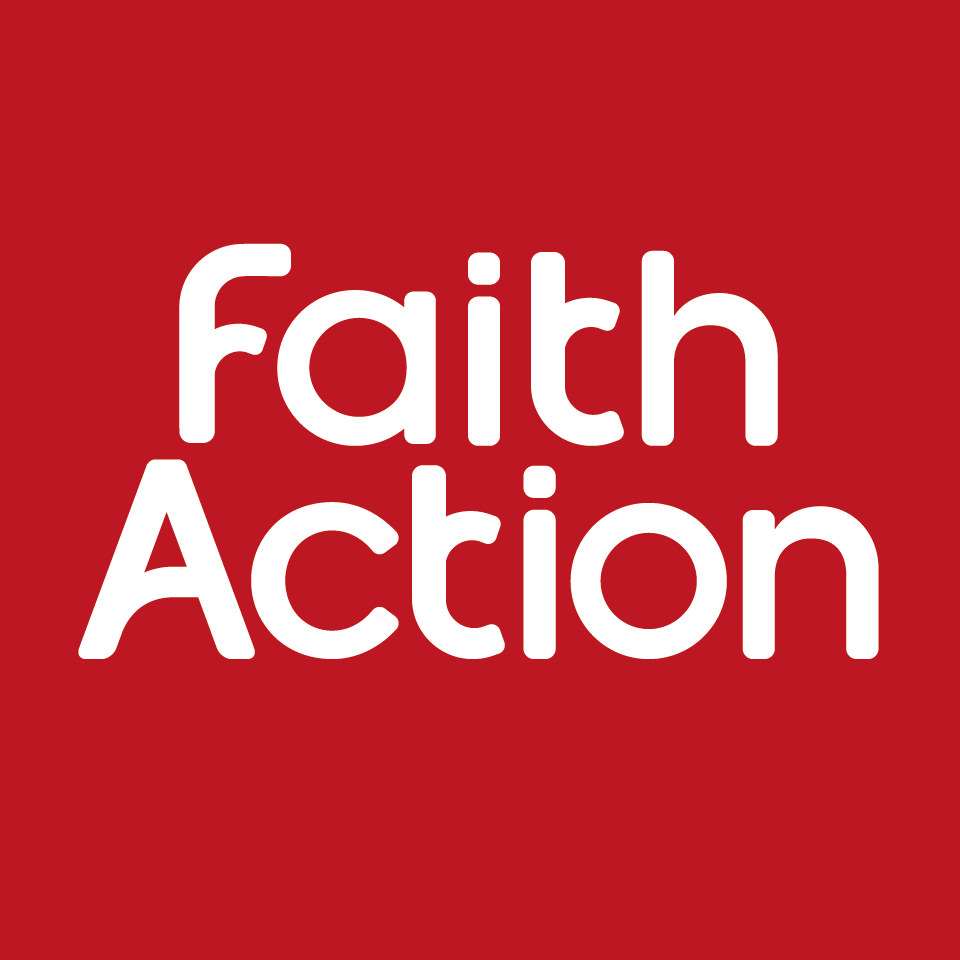On the 9th–13th September, FaithAction hosted their third annual Faith in Partnership Week with theme of Faith for the Future.
Faith in Partnership Week is about highlighting and celebrating cross-sector working between faith groups and statutory bodies. This form of colloboration has immense potential to drive change for vulnerable and marginalised peoples in the UK, but there is still a lot more that can be done.
To mark the week, the FaithAction team held two events in Westminster—bringing people together to discuss maternal health inequalities on Monday, and to celebrate partnership working on Wednesday.
Faith for a Safe Start: How faith communities can partner with health systems to reduce inequalities in pregnancy and maternity
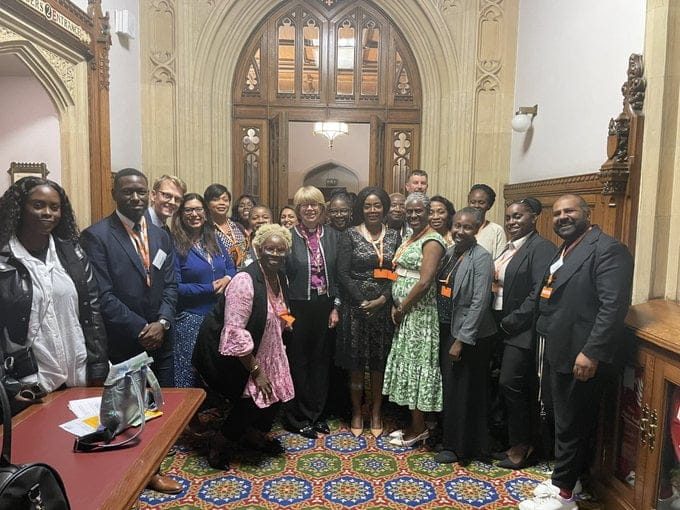

On Monday 9th September, FaithAction held a pre-launch event at the House of Lords for Faith for a Safe Start, their upcoming national campaign and resource supporting faith groups to work with the health system to tackle inequalities in maternity experiences.
The event was hosted by the Bishop of London, Dame Sarah Mullally, who spoke of her own experiences of health inequalities, both as a faith leader and as a former nurse. This was followed by an address by Wendy Olayiwola, NHS England’s National Maternity Lead for Equality, outlined the inequalities faced by BAME women during maternity and shared her own poor experiences during her pregnancy.
That culturally sensitive care, that personalised care, is key ... the women in front of us, as healthcare professionals, are the experts, they are the experts of their pregnancy. We need to listen to them, we need to hear them.
Wendy Olayiwola, NHS England National Maternity Lead for Equality
We saw such great partnership work between faith communities and health systems during the pandemic ... our initial question was: could some of the energy and ingenuity be applied to another area of longstanding inequality?
Jeremy Simmons, FaithAction
The event also gave a platform to many other stakeholders. Representatives from several faith organisations explored various ways that they’ve been integrating faith into maternity support. Dr Salman Waqar, President of the British Islamic Medical Association, spoke about the need for proper training for healthcare workers to recognise the role of faith and differing needs. And Kate Brintworth, Chief Midwifery Officer for England, discussed the need for an anti-racism framework as well the need for the system to learn, grow and adapt to better meet the needs of all women.
The Faith for a Safe Start campaign is coming soon.
You can find out more information about the campaign, read FaithAction’s in-depth report on the pre-launch event, and sign up to receive updates on their website below.
Faith for the Future reception
On Wednesday 11th September, FaithAction hosted a breakfast reception celebrating Faith in Partnership and ten years of the Faith Covenant(?).
The reception featured Lord Khan, Minister for Faith, who spoke about the importance of faith to our communities and how the new government were looking to engage with faith groups across the country as they looked to implement their policy programme.
The event also looked at the importance of partnership working between local government and faith. Examples of how it has been successful in areas that had adopted the Faith Covenant were demonstrated, as well as how collaboration between faith groups and statutory bodies can make use of the trust built up by faith groups within their local communities—such as disseminating key health information to communities that may otherwise be sceptical of Government-led messaging.
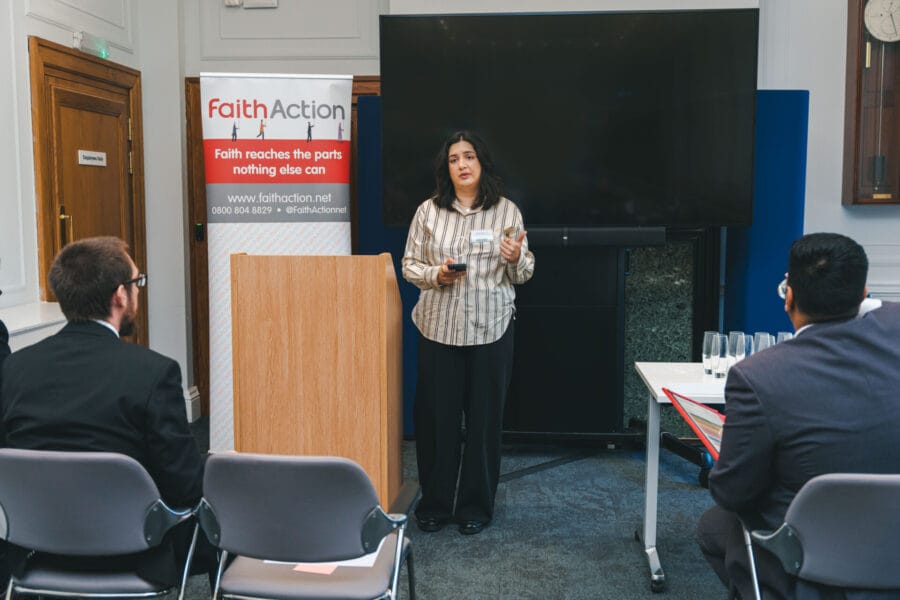

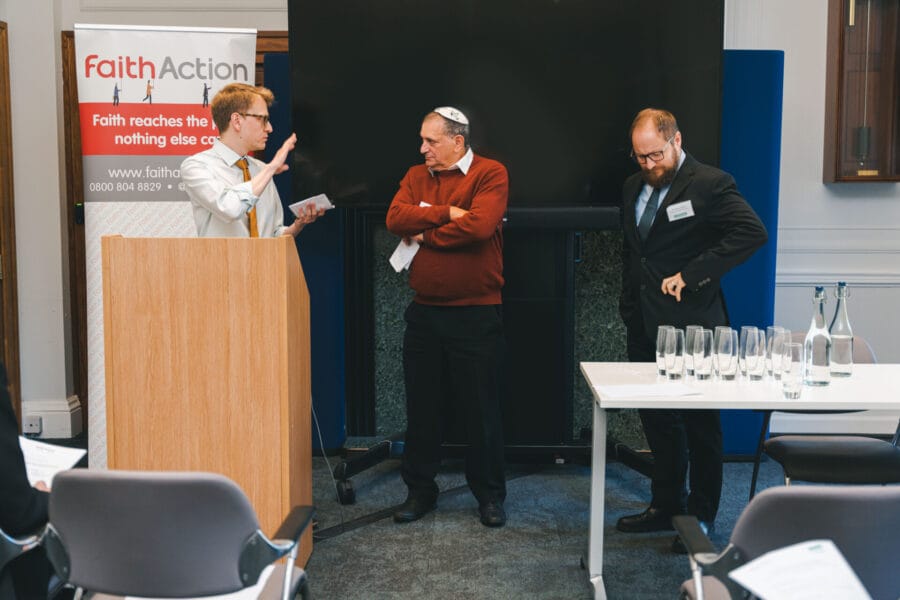

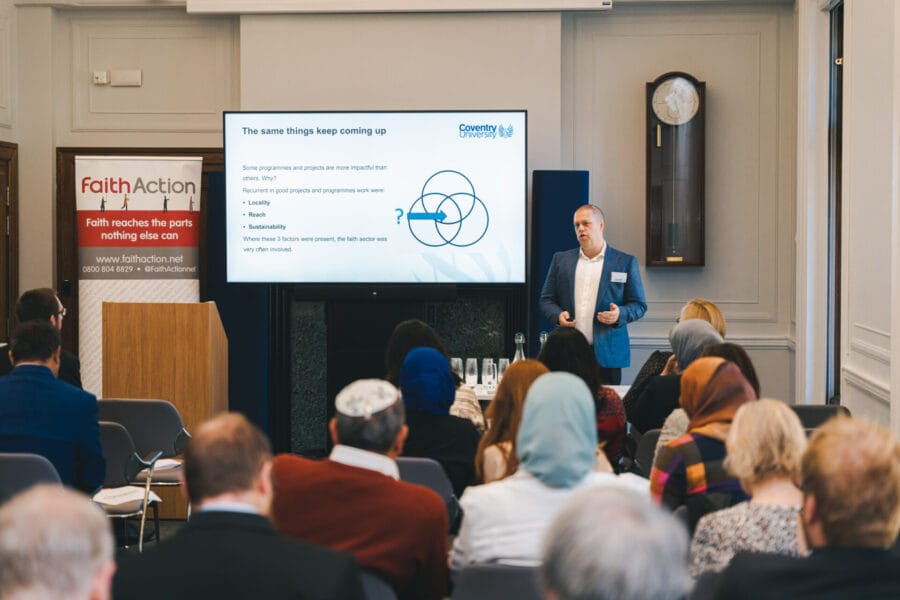

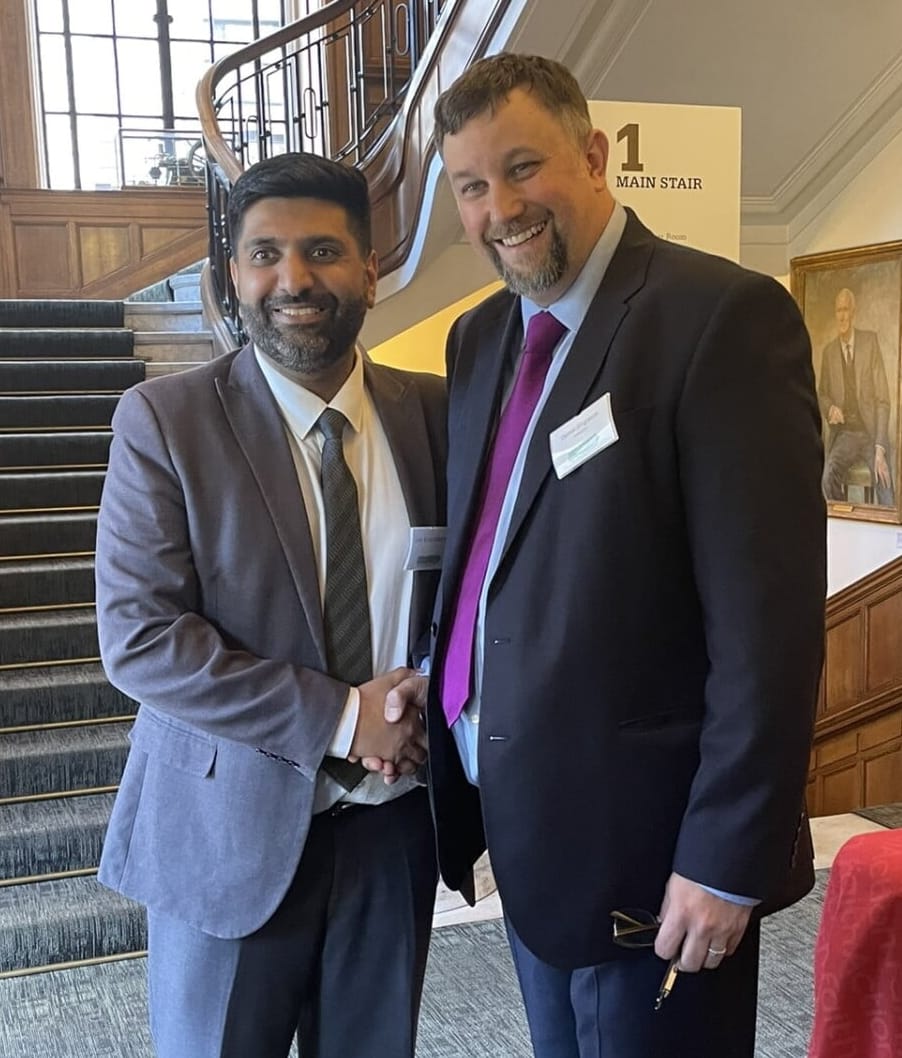

I am determined to maintain an open door policy and listen. I want to engage with as many faith leaders as possible—faith-based organisations play a vital role in communities, providing support to people of all faiths and none.
Lord Khan, Minister for Faith

